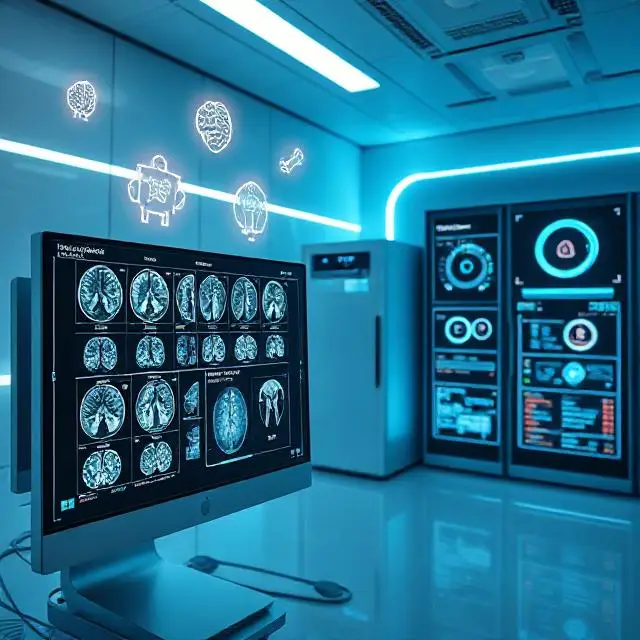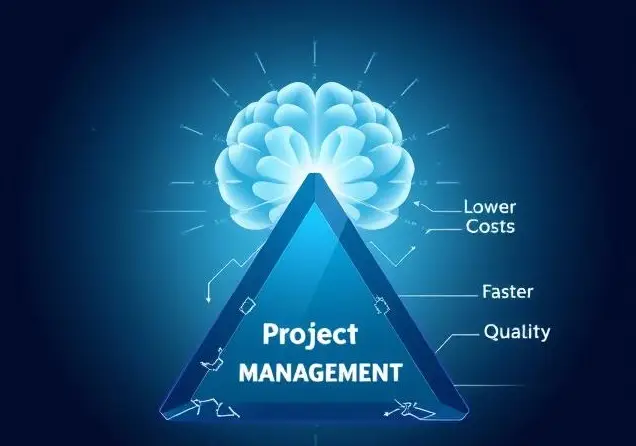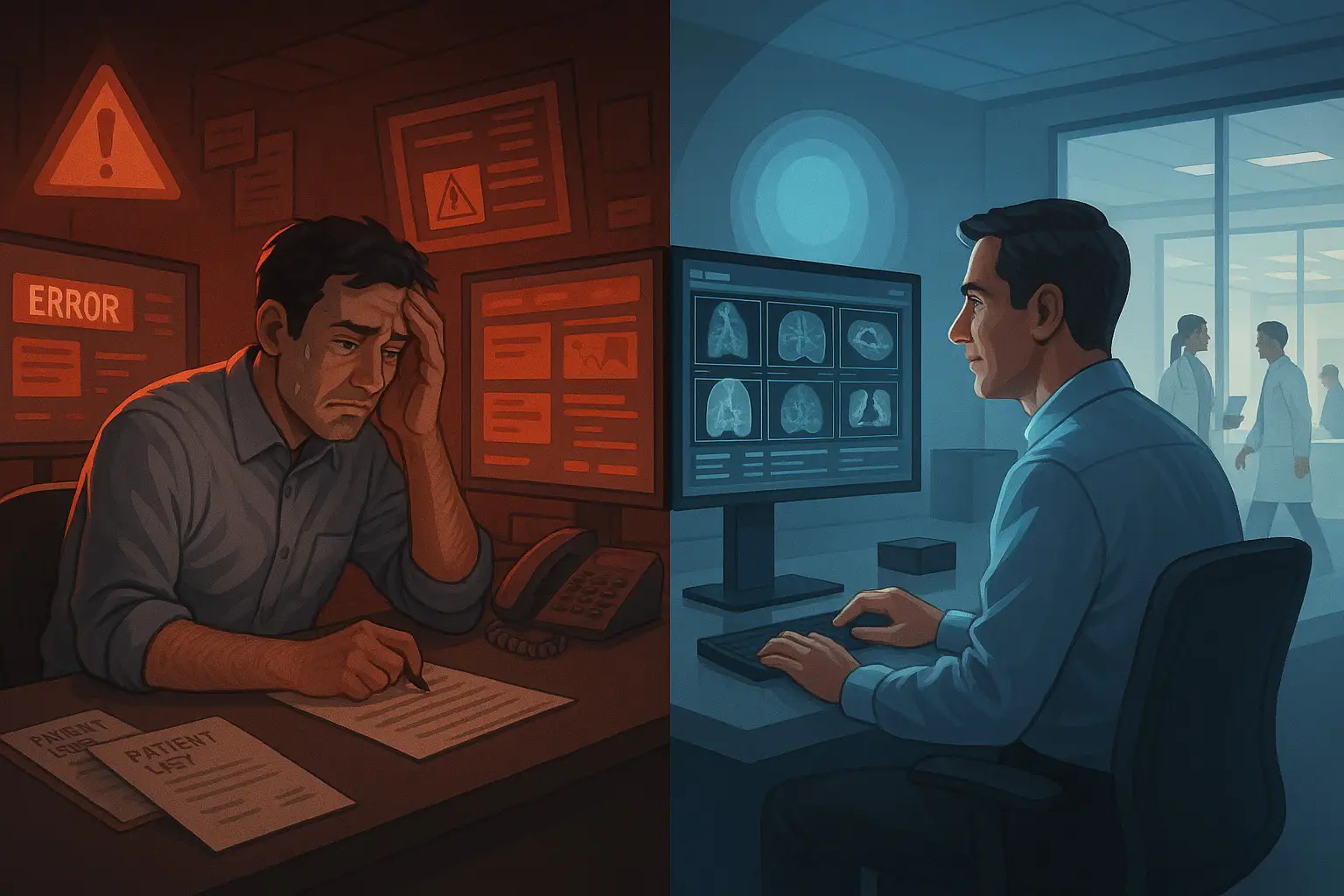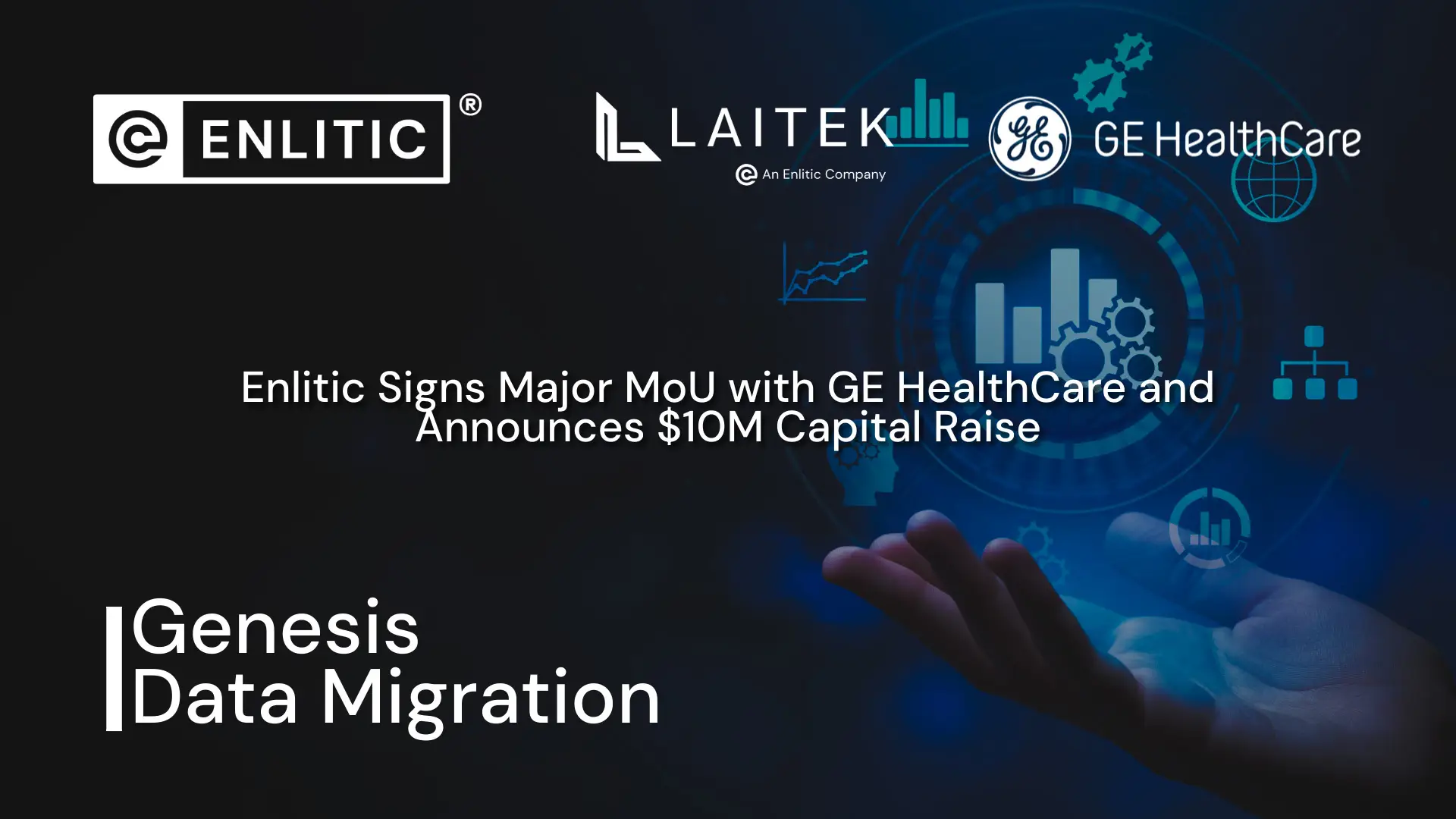I HAVE A PROBLEM WITH AI IN HEALTHCARE & I’M TIRED OF WAITING
I have been working in healthcare for over two decades and I can tell you that our industry, specifically artificial intelligence, has a problem. But I know what you’re thinking. Artificial intelligence is transforming healthcare. It is. AI simplifies the lives of patients, doctors, and hospital administrators in less time and at a fraction of the cost. AI has countless applications in healthcare. Regardless of it’s deployment, AI has been a benefit to the healthcare industry. But, AI-powered solutions must address the heart of any enterprise healthcare delivery system – the entire continuum of care.
The problem is, looking at the solutions in development, vendors are focusing on solving the wrong problems. Many AI products are built to do a very specific, singular thing to address a very precise need. They are point solutions. They don’t integrate with the myriad of software solutions already in place across enterprise healthcare systems. Most of them do what humans can already do. A radiologist can detect a lung nodule, measure it and report on it. So why are there so many mimic AI solutions flooding the market? Why are they still designing solutions to address a specific, piece of the whole continuum of patient care?
AS AN INDUSTRY WE HAVE AN OBLIGATION TO DO BETTER.
The entire continuum of care is not just about the patient. It is about everything within the healthcare system that ensures the delivery of that care. This includes treating the patient from the time they enter the hospital through post-acute care. It’s also about the professionals that treat patients, the systems and solutions used and the clinical specialties that assist with diagnosis and treatment. The impact on patient care and patient outcomes is directly impacting the healthcare professionals treating them and the solutions they use to support their efforts. To have an impact on patient care we must have an impact on clinicians.
As healthcare leaders, we should strive to not only improve patient outcomes, but improve the lives of the people delivering that care. Our products and services should have a positive impact on each and every clinician from start to finish in the continuum of care. I don’t want to focus on providing a point solution that addresses one siloed, specific aspect of the continuum to buy the clinician a few milliseconds here and there.
HOW CAN WE ADDRESS THE PROBLEM?
What I would rather do is address the black hole at the center of healthcare. Clinical data and the accessibility of that data at the right time in the continuum of care. The restrictive pull of inaccessible clinical data limits the real ability of healthcare advancement.
I joined my current company because it sought out to attack the core issues of data standardization, accessibility, interoperability and availability that ripple across the continuum of care, no matter how challenging the task at hand. We are focusing on taking innovation to places others have chosen not to, and because of that, we are developing a solution that will change healthcare. We are dedicated to the entire continuum of care. Enlitic will impact the quality of life for the clinicians, thereby driving positive patient outcomes.

Guest Blog: Jim Conyers, Enlitic CEO








